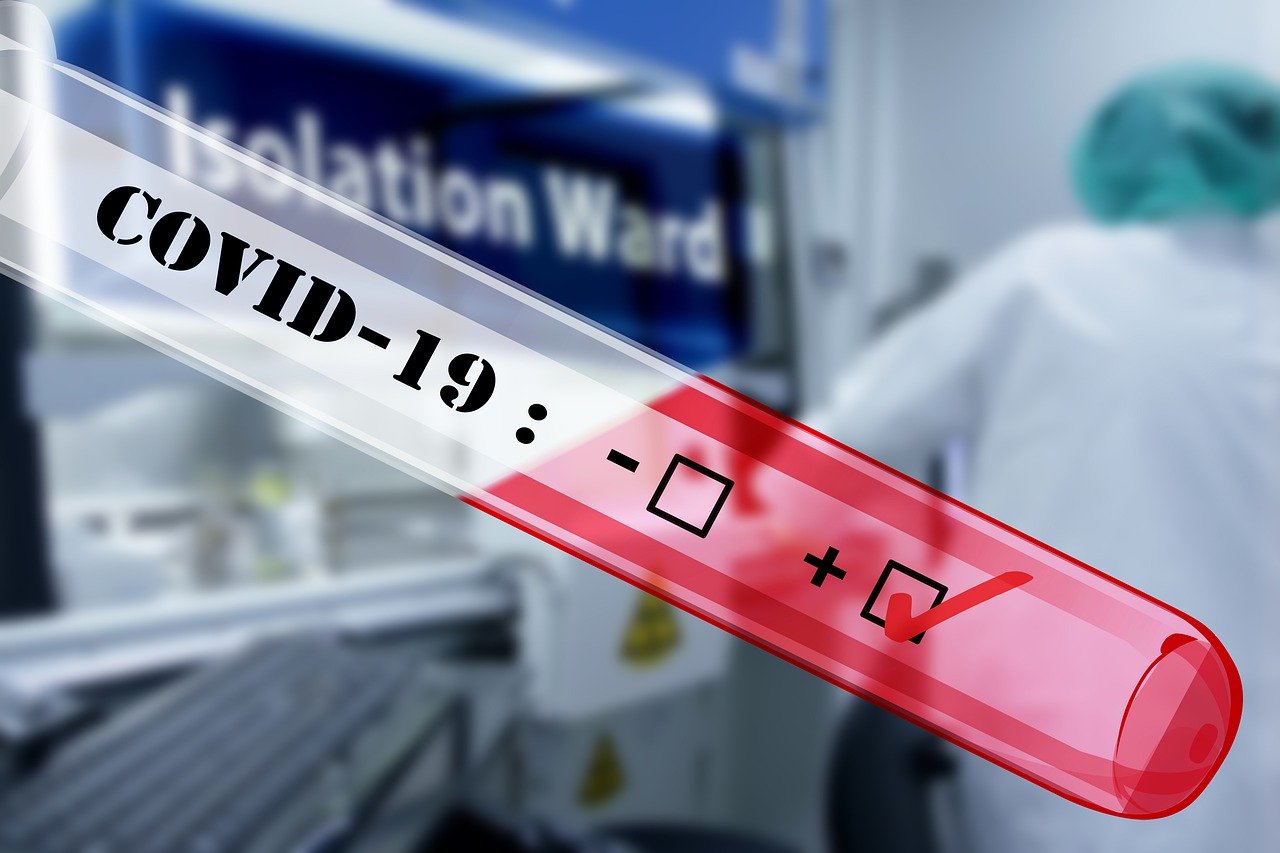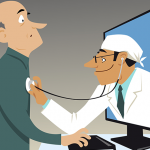Fast-tracked approvals for COVID-19 tests can’t immediately overcome a global shortage of supplies
The TGA has approved 10 COVID-19 tests since Thursday in an effort to boost diagnostic capacity in Australia, but we may still have a month to wait for a rapid test for acute infection.
The list of expedited approvals include a mix of laboratory and point-of-care tests. Most of the POCTs are antibody assays, which the Public Health Laboratory Network warned last week were of limited utility, as antibodies were only detectable five to seven days after infection.
They were also prone to cross-reactivity, detecting antibodies produced in response to other circulating coronaviruses.
One of the new rapid tests, however, detects viral genes.
The “Xpert Xpress SARS-CoV-2”, produced by Cepheid in California, is expected to be shipped by March 30 within the US – whose response to the pandemic has suffered from massive under-testing – but restricted to laboratories and some healthcare settings.
Health Minister Greg Hunt said on Friday that a new rapid test had been approved and 100,000 kits were already in Australia. He did not specify which, but was probably referring to an antibody test, as the only rapid nucleic acid test was approved on Sunday.
Medical Journal of Australia editor-in-chief Professor Nick Talley tweeted yesterday that the 45-minutes Cepheid test would be in Australia “hopefully mid-April”.
Another advantage of the Cepheid test is that it does not require a swab, but uses fluid from the nose that can be extracted using saline and a catheter.
The shortage of swabs in Australia is such that health providers have been asked to limit all pathology tests they order.
The Royal College of Pathologists of Australasia said yesterday that all GPs, clinicians and other health providers should delay any unnecessary or non-urgent testing, such as for chronic leg ulcers.
President Dr Michael Dray said swabs had to be conserved for critical tests.
“Currently, swabs should only be utilised for the testing of COVID-19 where they meet testing criteria, and for other urgent conditions,” he said.
“It is important to acknowledge that laboratories are working at high capacity during this period of increased demand, therefore, we seek the assistance of our healthcare colleagues to ensure that all tests are prioritised as much as possible.
“Pathologists and scientists are playing a critical role during this pandemic, as they work around the clock to deliver high-quality testing within short timeframes, whilst testing for and diagnosing COVID-19. The RCPA continues to be dedicated to ensuring that patients receive only the highest levels of care and receive the highest standards of quality testing, in order to ensure optimal patient outcomes.”
In the US, startups have been pushing out at-home testing kits, but these present a number of problems with timing and swab technique. Taking a test too early might give a false negative, as might a swab taken from a site not deep enough in the throat.
Australia’s policy is still targeted rather than widespread testing, thanks to the global shortage of pathology testing kits.
A person is eligible for testing if they have returned from overseas in the past fortnight and have any respiratory symptoms; have been in close contact with a confirmed case in the past fortnight and have any respiratory symptoms; have severe community-acquired pneumonia of unknown cause; or are a patient-facing healthcare worker with respiratory illness and a fever.
The government has given $2.6 million of its $2.4 billion COVID-19 package to Melbourne’s Doherty Institute for Infectious Diseases and Immunity to develop “a new simpler Australian coronavirus pathology test that will address forecast extraction reagent supply issues through a technique that uses locally manufactured reagents and a different chemistry to current testing methodologies”.
The money will also fund the development of “new coronavirus testing protocols to enable more individuals to be tested simultaneously, while minimising the number of consumables used” and a framework for serology testing, and post-market assessment of rapid screening tests.





